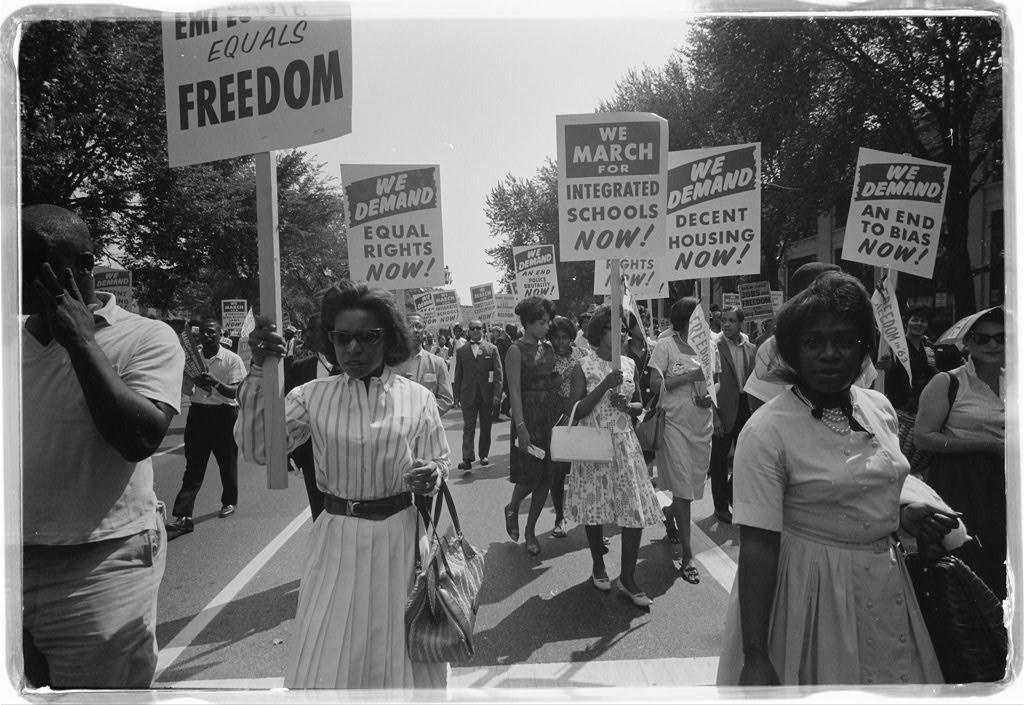Search News
For the Media
For media inquiries, call CWA Communications at 202-434-1168 or email comms@cwa-union.org. To read about CWA Members, Leadership or Industries, visit our About page.
The 2013 March on Washington

The 2013 March on Washington
Saturday, Aug. 24, 2013, 10 AM – 4 PM
Lincoln Memorial, Washington, D.C.
9:00 AM – 12:30 PM: Rally Program at the Lincoln Memorial
12:30 PM – 1:00 PM: March to the Martin Luther King, Jr. Memorial
1:00 PM – 4:00 PM: Rally Program Continues
Wear CWA Red
Come celebrate the 50th Anniversary of the 1963 March on Washington. So much of what we sought to achieve 50 years ago is gravely threatened today. We will gather together not as a commemoration, but as a continuation and a call to action. A Global Festival, sponsored by the King Center, will also be on the National Mall from 10:00 AM – 6:00 PM. Please contact your Local for more information, as there are some buses available on a first come, first served basis at a nominal cost per seat.
- 50 years ago the March on Washington for Jobs and Freedom secured vital civil rights for millions, however, many of the other goals championed that day have not been met.
- African Americans are still nearly twice as likely to be unemployed as whites, a rate unchanged in the past 50 years
- In 2011, more than a third of African Americans and more than 40 percent of Hispanics did not earn enough in hourly wages to pull a family out of poverty, despite working full-time year-round. If the minimum wage from 50 years ago had merely been adjusted for inflation, it would now be $13.00, nearly twice the current federal minimum.
- Nearly 75% of African Americans are stuck in segregated schools, which receive fewer resources leading to high dropout rates and poor learning conditions.
- Poor African Americans are much more likely than poor whites to be stuck in communities that have a high level of concentrated poverty. These neighborhoods receive minimal resources and suffer from high crime rates, environmental hazards, and a lack of adequate sources of food.